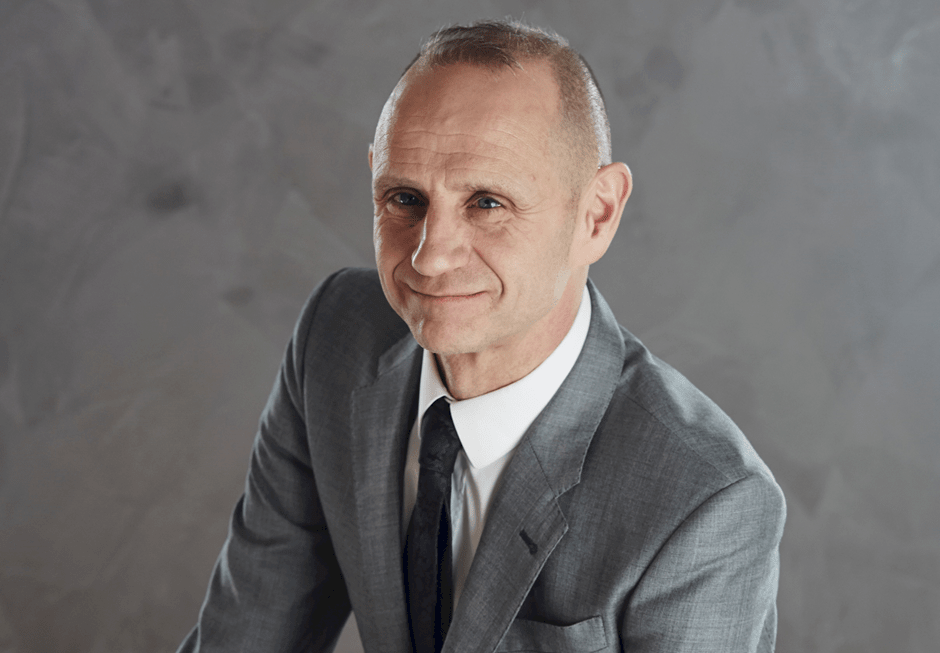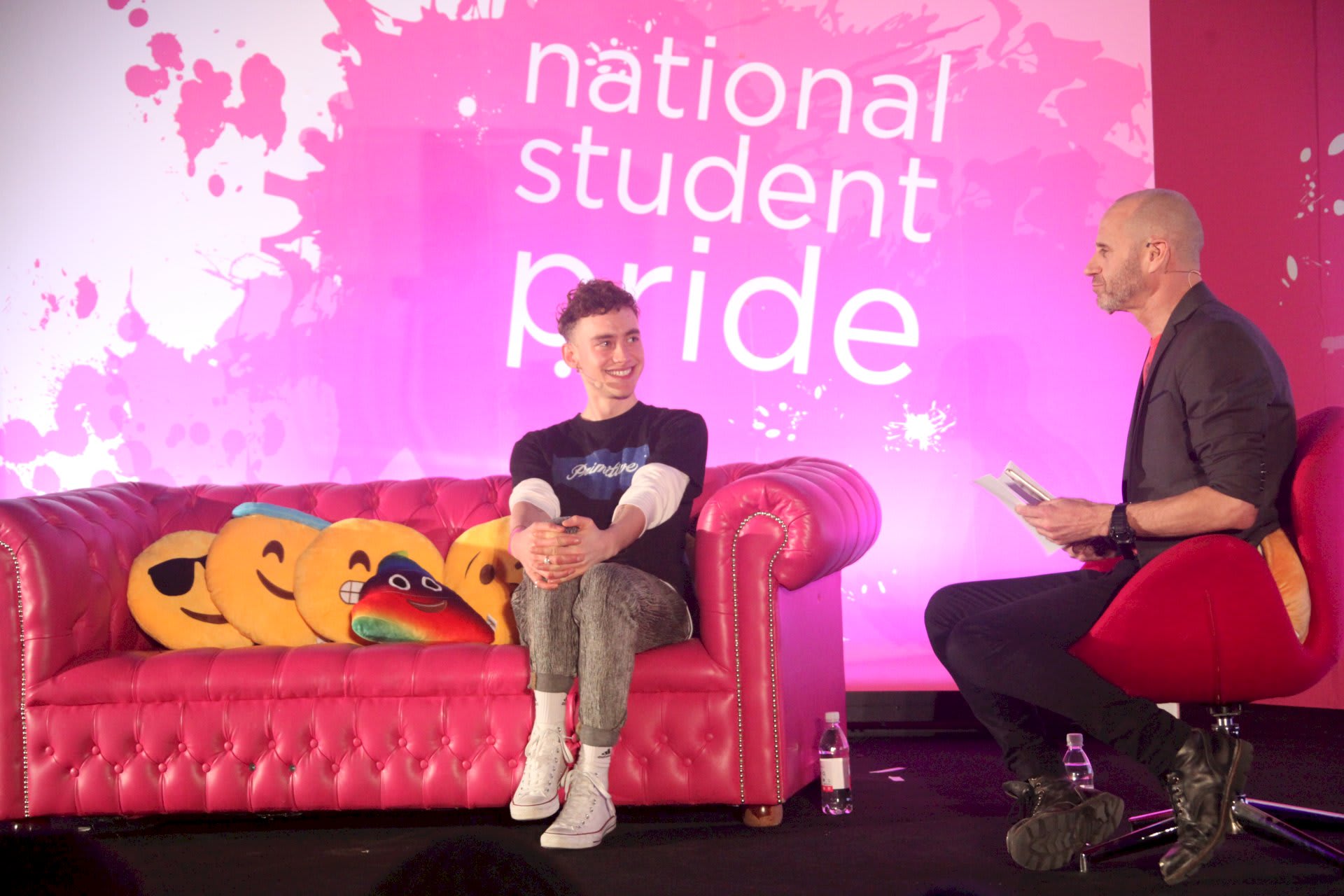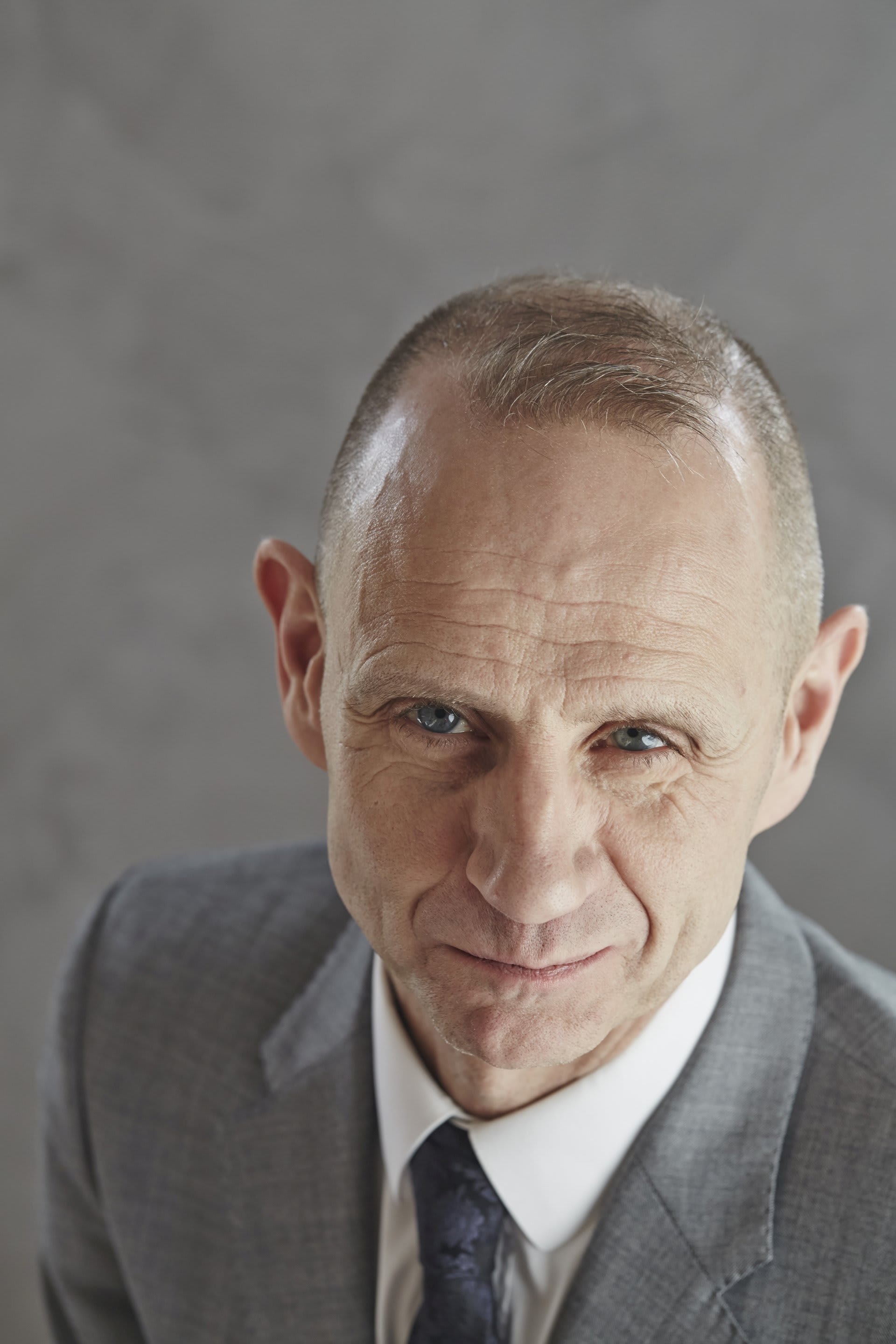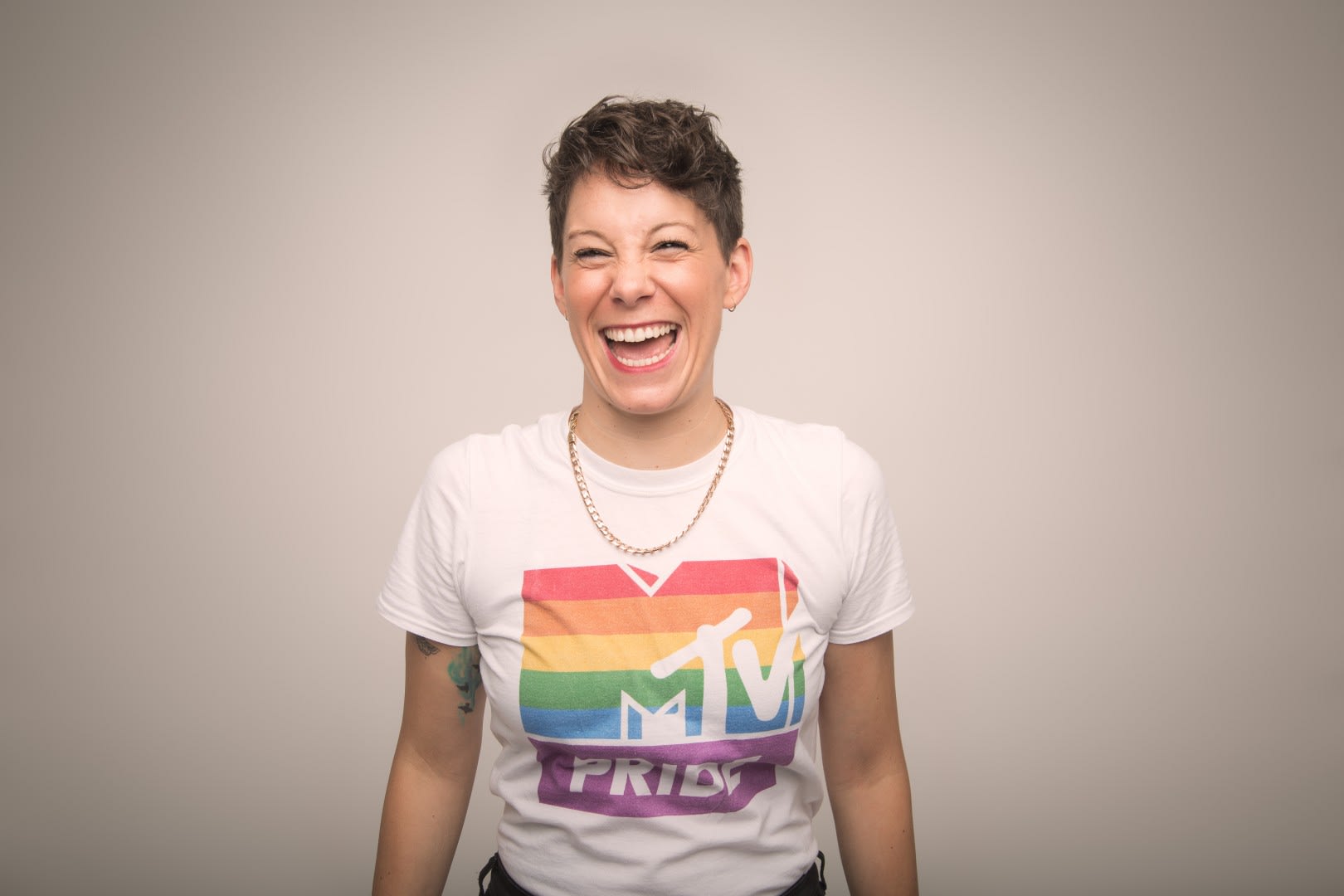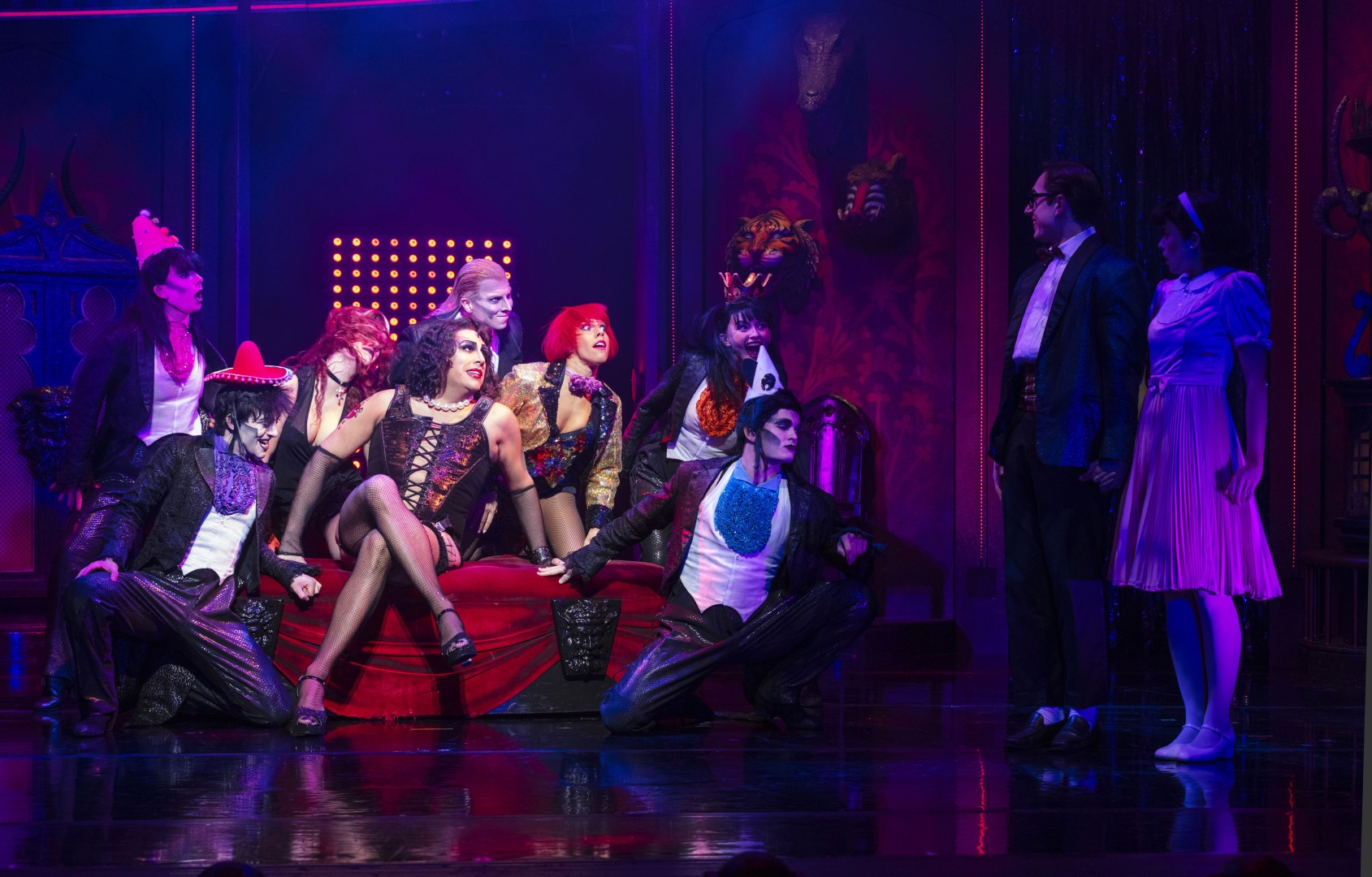The presenter of Radio 4’s PM programme and Dragons’ Den – and former Newsnight anchor – talks dreaming spires, Student Pride, being yourself and the goodness of humankind.
What's Evan Davis’ typical day like at the moment?
My main job now is PM. So my typical day is going in at about 10-ish, but before that I’ve read papers, looked at news and listened to the Today programme. At 11 there's a morning meeting where the running order of the programme is decided. The order is put together after that meeting, and then I'm just working on script lines, writing my little introductions to each item, thinking about interviews, and reading about the stories to make sure I know what the hell's going on. The order changes through the day – as things happen. Things are still changing at 4, and you're trying to keep up with what's happening. I find it quite a pacy day, it goes quite fast, I often think, ‘Blimey, it's 3 o'clock – we're on air in two hours.’ You don't have as much time to think as on Newsnight (where I would get in at about 2, and then have eight and a half hours before the programme was on air) but you also don't have as much time to overthink. It's a very satisfying day.
Jimmy Carr once said that he didn't choose his style as a stand-up, it chose him – it was all he could do. Is it the same for you in regards to interviewing and broadcasting?
I think that is a brilliant description. I'd put it slightly differently. Authenticity is very important – it won't sound right if it isn't authentic. So you have no choice in my view but to be yourself, and you just have to hope that satisfies enough people that you have a job. On radio and in life pretending is exhausting, and you don't want to be giving your energy to something that's more or less totally pointless.
You're an ambassador for National Student Pride, the annual event for LGBT students, how did that come about?
The founder, Tom Guy invited me to chair an event at it some years ago. It went well, I enjoyed it, and he said: “Would you like to be an ambassador?” I don't have Ferrero Rocher receptions for ambassadors – it just means I try and give it any support I can. If they need someone to go and chair something or interview somebody at the main forum in February, I do that – I'm very proud to be associated with it. I think it's a good thing for those who go into higher education. That period – when you're not quite in the real world but you're away from home; that soft introduction to the reality of life – is a very good place for people to work out their sexuality if they have any doubts over it. It's a good place for them to be open about it and learn how to deal with it. They may not have been open about it at school, they may have been confused about it in their years of puberty, and I think often it's at uni that it sort of settles. People go in maybe closeted or confused and leave comfortable and open.
You were a University of Oxford student – have you very fond memories of that time?
It was kind of rusty for the first two terms. It wasn't that I was depressed or deeply fed up, but I definitely didn't feel I'd found my groove until the third term of my first year, really getting involved in the student newspaper and a bit of university politics. I found my groove, found a boyfriend – at that stage it all became much easier, much nicer. That experience is probably not untypical; you are shoved into university, you're all discovering yourself, colliding with other people, bouncing into them – like a bunch of little puppies put together in a playpen. I think the first two terms are where you don't quite know how you fit, that's where it's least secure, and then for most people it tends to settle into something a little bit happier. I do have fond memories of Oxford. Despite the rather limited number of teaching hours you actually get, I really did learn a lot. It was a very feisty, intellectual atmosphere of people arguing and – in the best tradition – trying to work things through and work them out. Also I'd say you make most of your lifelong friends at university. I am in touch with people from school, but I think I'm quite a bit more in touch with people from university. You have that very formative point of your life shared together and you never take that away really, you stay in touch thereafter.
Do you ever go back to the city?
I was at St John's College, and I'm an honorary fellow there, so I pop back from time to time. I don't want to exaggerate how often I go but I'm pretty familiar with it still – it's a very, very beautiful place; I feel great affection for it. What I don't try and do is pretend I'm a student and hang out in the pubs and bars with the undergrads or anything like that.
This is our optimism issue. You know a lot about the political landscape, is there any optimism to be found on it?
I'm fascinated that you're having an optimism issue – I can give you lots of things to be optimistic about. The long-term trajectory of the world is one towards greater tolerance, less violence, more empathy and better living standards. We've had a rough time, but you do have to remember in the last 30 years the proportion of the population living in subsistence – where you have no security, no slack – has really come down. That is a phenomenal achievement of humankind. I am optimistic because I essentially think that long-term trajectory tells you human beings gravitate towards good sense. They may deviate from time to time, they may get things wrong, they may become very tribal and shout at each other. But my deep-rooted optimism is based on people's fundamental good nature, and the default is towards progress rather than regression. I try not to be someone who barks at the moon, or shouts at everybody on Twitter, because I think you get further with respect and empathy towards where other people are coming from. In the end, most people are like that – most people are civil, they want to do the right thing, they want to make the world a better place.
National Student Pride takes place 22-24 February, University of Westminster

